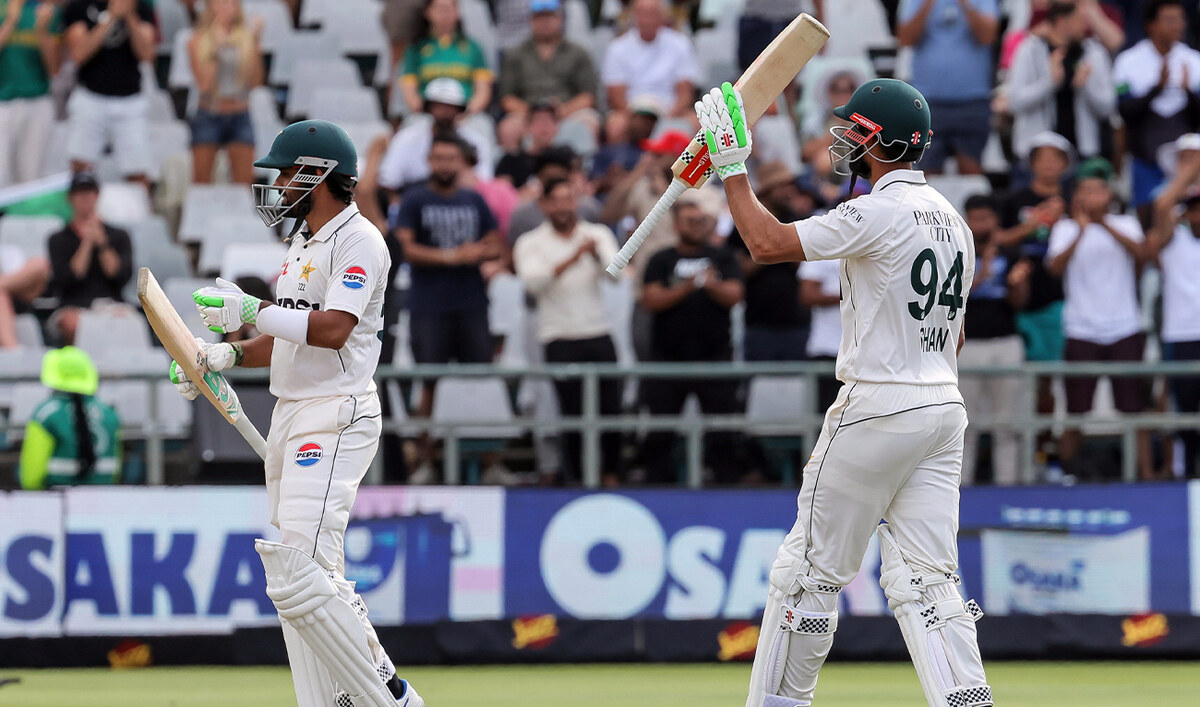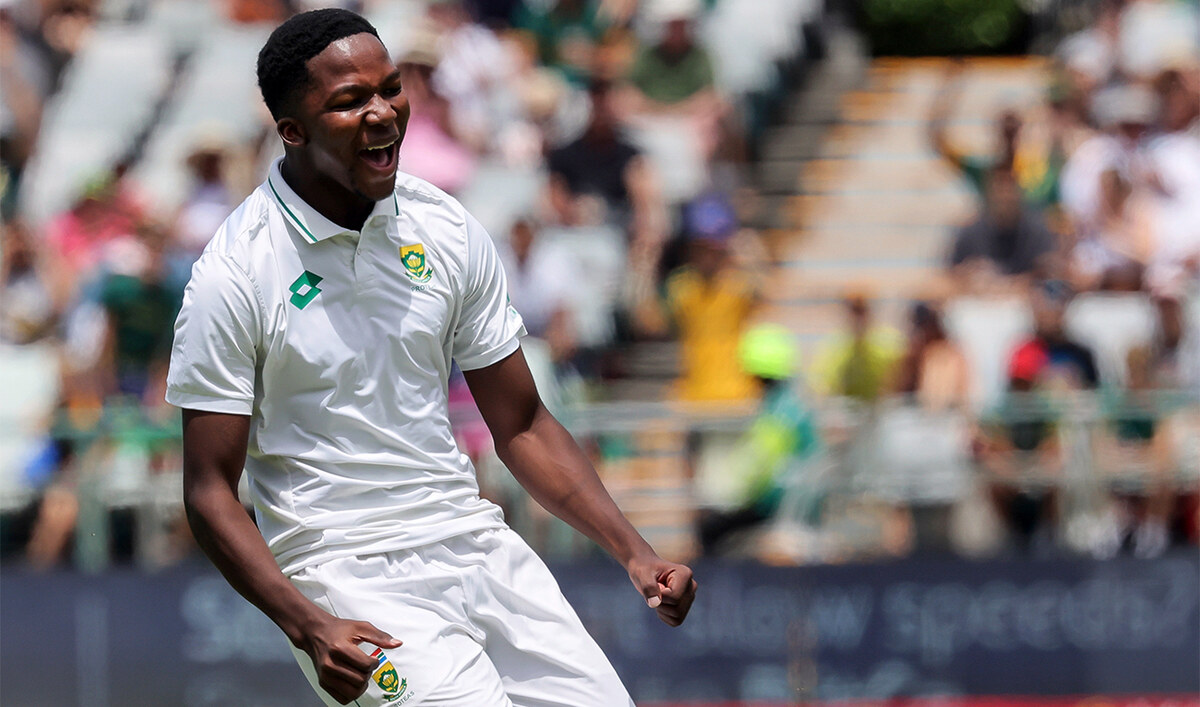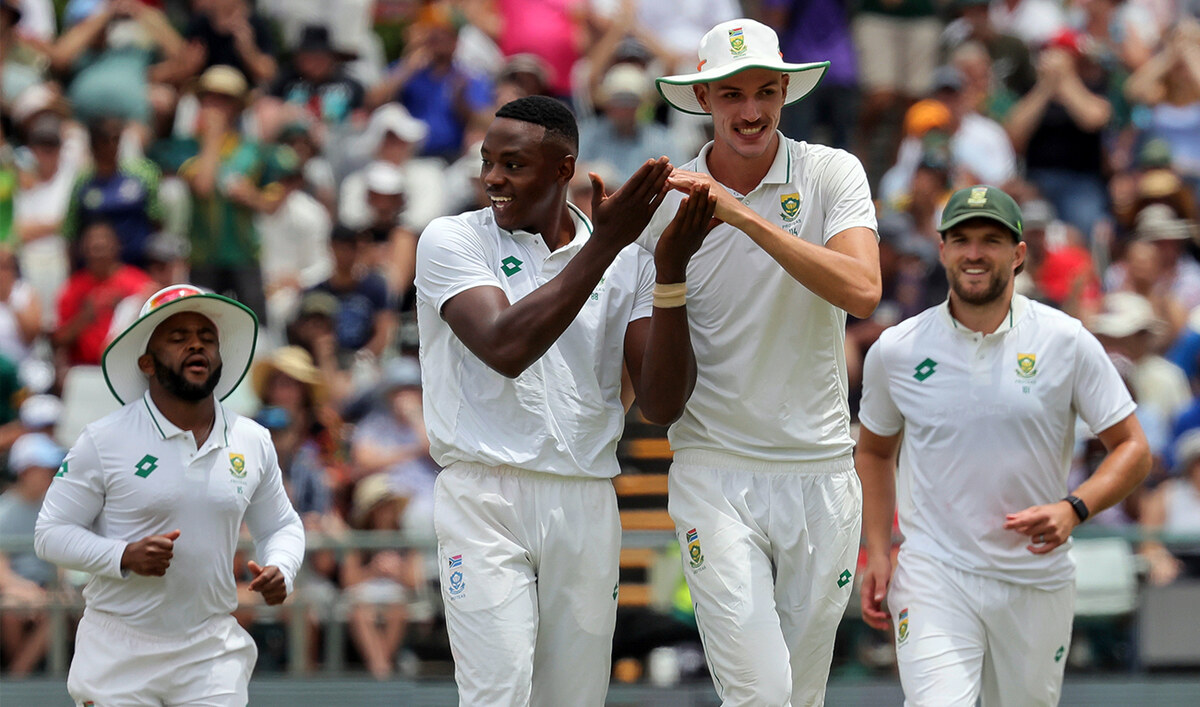LONDON: The 26th Arabian Gulf Cup ended on Saturday with Bahrain coming from behind to defeat Oman 2-1 in the final in Kuwait City. Here are five takeaways from the latest edition of the biennial tournament.
More questions than answers for ∂∂“ű∂Ő ”∆Ķ
∂∂“ű∂Ő ”∆Ķ‚Äôs semi-final exit after a 2-1 loss to Oman ended a disappointing 10 days or so. The positives were that the team managed to score in all four games, which will be welcome after four World Cup qualifiers without a goal in October and November.
But Herve Renard’s men were deservedly beaten by Bahrain, needed a last-minute goal to defeat Yemen in a game they could easily have lost and, a good spell against Iraq apart, struggled to find rhythm and fluency. At least they made it to the semi-finals but then losing to Oman, who played with 10 men for two-thirds of the game, was a poor way to end the competition.
The coach may now know more about what his team needs but does not look any closer to finding the solutions, especially when star Salem Al-Dawsari does not provide them. Renard, less than three months back in the job, starts 2025 under more pressure with a team that is low on confidence and looking leaky at the back.
Bahrain, an emerging force
The Reds had a good 2024 and 2025 has started perfectly. As Croatian coach Dragan Talajic comes up to his first anniversary in Manama, he has helped to fashion a tough-to-beat Bahrain that have real team spirit, work hard and are growing in confidence going forward. They deserved to win their group and then dug deep in the knockout stage. Mohamed Marhoon sums it all up. The midfielder scored the only goal against Kuwait in the last-four clash and then in the final against Oman, his energy, skill and willingness to run at defenders created both goals and delivered the trophy.
There is a resilience about this Bahrain team and the champions can look forward to 2025 with confidence and even dreams of a first World Cup appearance.
No new-coach bounce for Qatar, UAE inconsistent
Go back a year and Qatar were just about to start a successful, and slightly surprising, defence of the Asian Cup. As they lifted the trophy and celebrated, it was assumed that the Maroons were going to qualify for the World Cup for the first time. But a poor start to the third round cost ‚ÄúTintin‚ÄĚ Marquez his job in December and he was replaced by fellow Spaniard Luis Garcia. There was no new-coach bounce however as Qatar ended up bottom of Group A without a win. Garcia and his men will look back at missed chances proving costly.
Although the UAE had exactly the same record, goals scored and conceded, coach Paulo Bento will be a little happier. There were some new faces who made the trip to Kuwait but the Portuguese boss needs to get to grips with the team’s inconsistency. 
Iraq the biggest losers
The holders made the short trip to Kuwait in decent form. They were the only one of the seven teams involved in World Cup qualification to be sitting in the automatic spots in their group. A win at the Gulf Cup would really have put a spring in their step. Yet, it all went wrong and coach Jesus Casas, linked with the vacant South Korea job in the summer, is under pressure. 
The Spanish boss talked of having the chance to look at some young players but there were few positives. Star striker Aymen Hussein scored to give a hard-fought win over Yemen in the opening game. It was not great but a potential platform to challenge for the trophy. It didn‚Äôt happen. There was a 2-0 loss to Bahrain when the Lions of Mesopotamia were outfought and outthought by the eventual winners. It was followed by a 3-1 defeat to ∂∂“ű∂Ő ”∆Ķ. The usually strong backline looked flimsy, which is a problem when there is a lack of creativity going forward.¬†
Bigger challenges await
Even when the celebrations die down in Manama, fans, players and media in Bahrain would swap it all for a place at the 2026 World Cup. Seven of the eight teams had an eye or more on the resumption of qualification in March and with four of the 10 games remaining in the third round, this really is a crucial time.
For the likes of ∂∂“ű∂Ő ”∆Ķ, the UAE, Qatar and Iraq, their disappointing results will quickly be forgotten if they hit the ground running in the coming months and get the wins to take them to North America. If so, they will point out that the Gulf Cup counted as vital preparation that was more important than results.¬†Bahrain, Oman and Kuwait will be looking to build on their positive performances and results to make strides towards North America.
It remains to be seen what the legacy of this tournament turns out to be.

























